Hot Products
- Lavender Essential Oil
- Jasmine Essential Oil
- Rose Essential Oil
- Ylang Ylang Essential Oil
- Patchouli Essential Oil
- Sandalwood Essential Oil
- Helichrysum Essential Oil
- Neroli Essential Oil
- Chamomile Essential Oil
- Clary Sage Essential Oil
- Eucalyptus Essential Oil
- Lemon Essential Oil
- Lemongrass Essential Oil
- Orange Essential Oil
- Peppermint Essential Oil
- Rosemary Essential Oil
- Tea Tree Essential Oil

<< Home << Myrtle Oil
Myrtle Oil
Myrtle Oil
Myrtle essential oil is extracted from leaves and twigs of a tree which is small in height and tough slender boughs. The tree has small pointed leaves and brownish red bark. The flowers produced by this tree are later converted into black berries. Both leaves and flowers have sweet herbaceous aroma similar to that of sweet eucalyptus. It is very useful in treating lungs and respiratory problems.
| General Name: | Myrtle Oil |
| Botanical Name: | Myrtus Communis |
| Method of Extraction: | Steam Distilled |
| Part of Plant Used: | Leaves and Twigs |
| Origin: | France |
| Application: | Myrtle essential oil is widely used for treating lung and respiratory diseases, especially among children. It is used in aromatherapy to cure sore throats and coughs. Myrtle essential oil is commonly used as an astringent, antiseptic, vulnerary. |
| Strength of Aroma: | Medium |
| Color: | Reddish brown liquid. |
| Blends Well With: | Bergamot, Clary Sage, Hyssop, Eucalyptus, Clove, Ginger, Lavender, Peppermint, Rosemary, Thyme, and Tea Tree. |
| Aromatic Scent: | sweet herbaceous aroma similar to that of sweet eucalyptus. |
| History: | Native to Africa, Myrtle essential oil is used by Egyptians for a remedy against sore throats and coughs. There are lots of evidences to prove that this oil was widely used by medical practitioners as early as 1876. |
| Precautions: | Myrtle essential oil can be toxic when used in high concentrations, and should be used with proper dilution. Avoid using during pregnancy. |





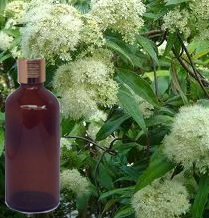
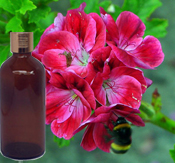
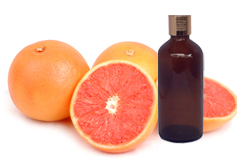
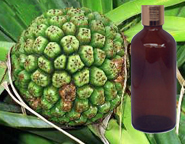
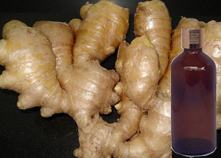
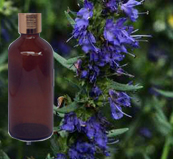
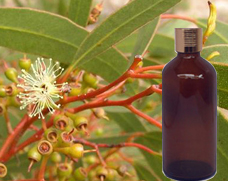
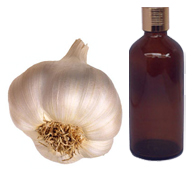
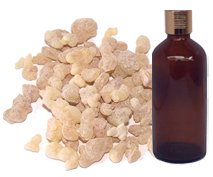
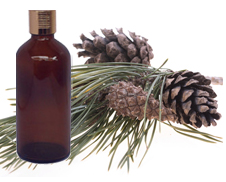
 E-mail:
E-mail:  MSN:
MSN: SKYPE:
SKYPE: